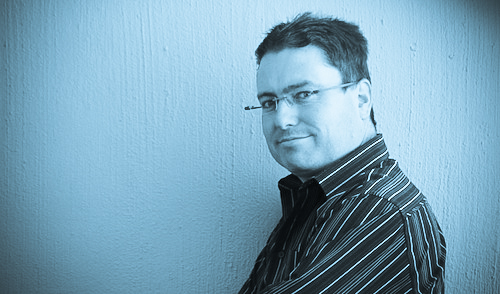
[By Duncan McLeod]
President Jacob Zuma dropped a bombshell on SA’s communications technology industry on Sunday when he sacked his controversial communications minister, Siphiwe Nyanda. In Roy Padayachie, the sector finally has the minister it wanted all along.
Zuma took most people by surprise last year when, shortly after the general election, he appointed Nyanda, a former head of the SA National Defence Force, to the crucial communications portfolio.
Nyanda had virtually no experience of telecommunications or broadcasting. And ever since his appointment, the retired general had courted controversy — staying for extended periods in expensive hotels at taxpayers’ expense, condoning his department’s profligate purchase of two German luxury sedans for his use and, more seriously, facing allegations of impropriety in his business dealings.
Meanwhile, state-owned enterprises in the communications portfolio fell into dysfunction. The SABC, in particular, lurched from one crisis to another on Nyanda’s watch. He didn’t do enough to fix the mess at the public broadcaster.
And he achieved little as minister. He has been credited with bringing down interconnection rates — the fees the operators charge each other to carry calls on their networks — but that may have had more to do with his axed director-general, Mamodupi Mohlala, and pressure from opposition parties in parliament, than any specific work by Nyanda.
Zuma’s decision to sack him still came as a big surprise, though. Speculation in political circles is that the president is thinking of appointing Nyanda as ambassador to Germany, replacing the gravely ill Eddie Funde.
Whatever Zuma’s political motivations in sacking Nyanda, the decision to replace him with Padayachie has been welcomed in most quarters, despite his serving for five years under the ineffectual Ivy Matsepe-Casaburri.
When Padayachie was first appointed to the then new deputy ministerial role in 2004, he immediately set about engaging with the industry about high telecom prices.
He called an industry colloquium on the issue and was seen as a breath of fresh air in a moribund communications department.
But the euphoria didn’t last. Though he won’t comment on what happened, it’s widely speculated that Matsepe-Casaburri took umbrage at his initiatives and told him to get in line and shut up. If that’s the case, it’s a discredit to him that he didn’t protest. But then she was his superior and a political ally of then president Thabo Mbeki. Standing up to her would have meant standing up to Mbeki. That would have been political suicide.
The hope now is that Padayachie will pick up where he left off — consulting the industry broadly about what’s working and what’s broken — and fixing the shambles at the department and the state-owned enterprises for which it is responsible.
On Monday, just hours before he was due to be sworn in, I spoke to Padayachie on the telephone. The conversation was instructive not so much for what he told me about his areas of priority, but rather for the conversation that followed once the formal interview was over.
“It’s my time to ask you some questions,” Padayachie told me. The first thing he wanted to know was how he could work effectively with journalists who cover the sector. He sounded genuinely interested in an open relationship.
Then he asked me what I felt his priority areas should be as minister. No communications minister — and I’ve interviewed four of them since 1994 — had ever asked me that before. If that is the consultative sort of approach he’s going to take with the industry more broadly, then I’d venture that the electronic communications industry finally has the minister it deserves.
- Duncan McLeod is editor of TechCentral; this column is also published in Financial Mail
- Subscribe to our free daily newsletter
- Follow us on Twitter or on Facebook



